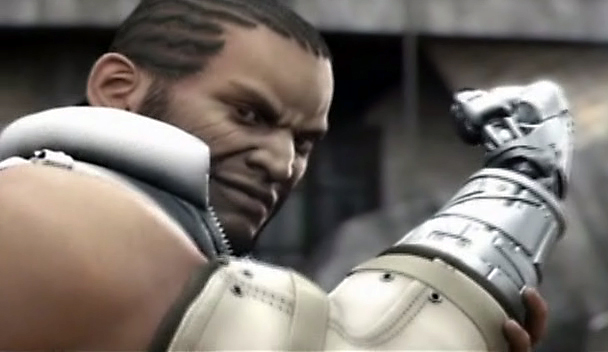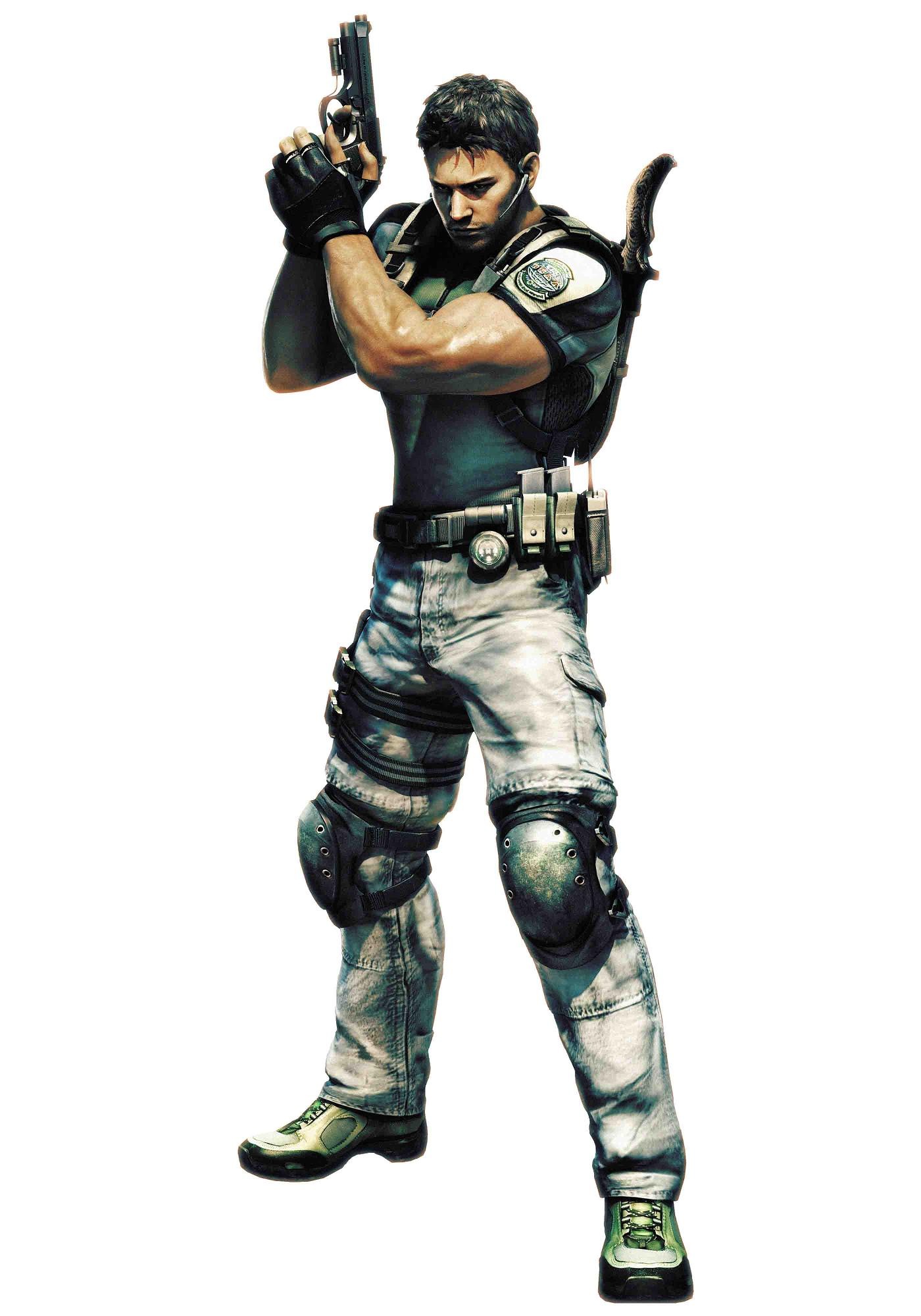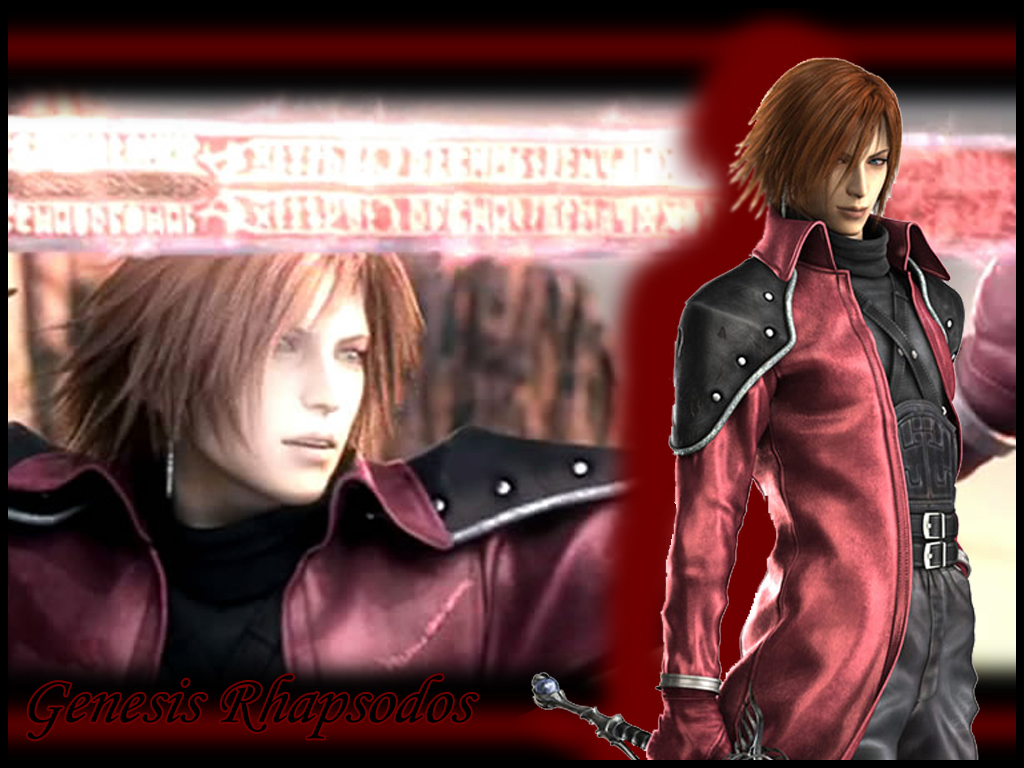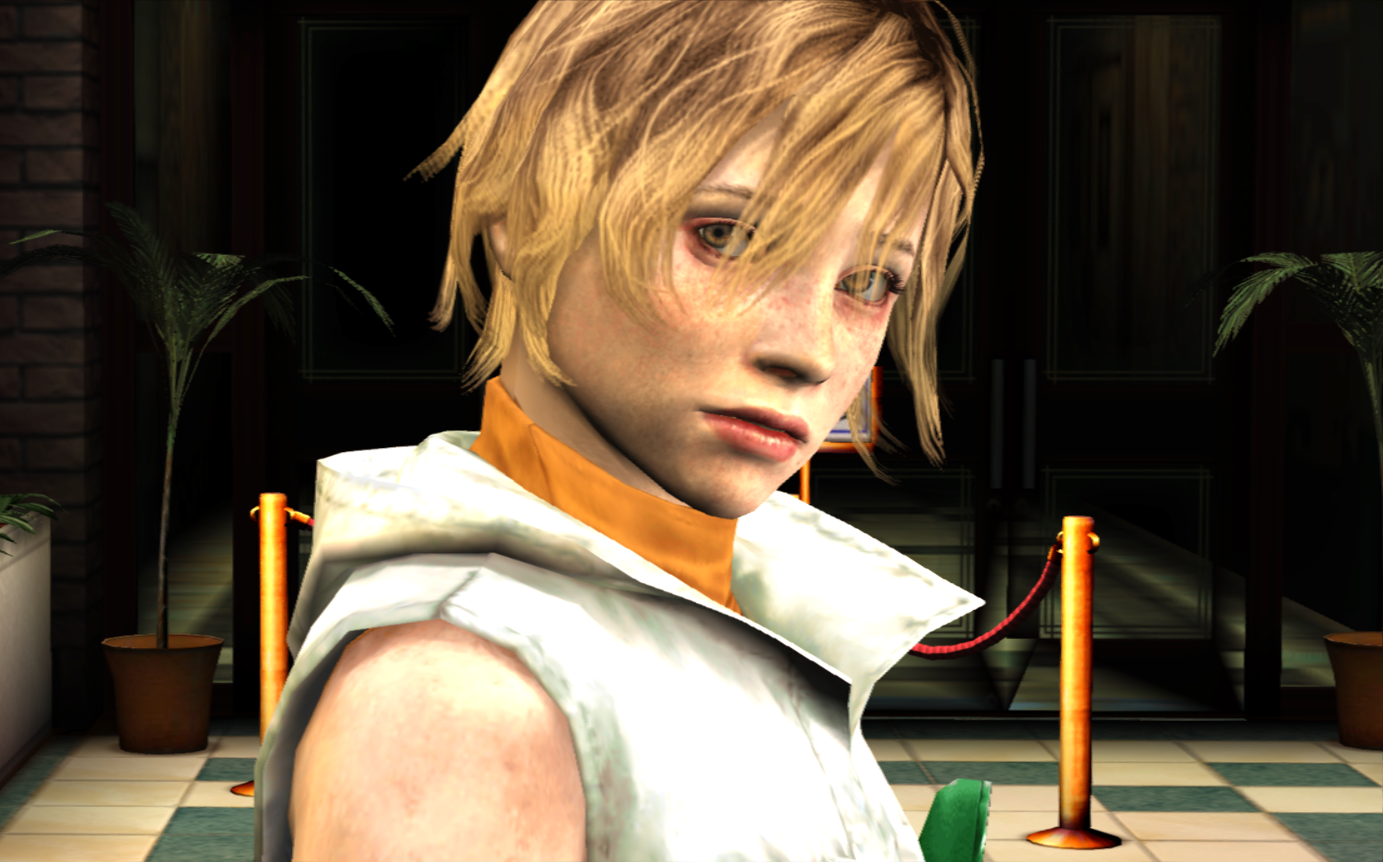mjcabooseblu said:
Blood Brain Barrier said:
Is it them doing it or me? Where do I, the player, come into this? Am I playing as the character or does he/she get credit for all that I do? If I remove my own input, isn't Gordon Freeman or Chell just a limp puppet?
Sure, that's one way to interpret a silent protagonist. It would totally make sense if the other characters didn't converse with you implying an already established character (Gordon Freeman.)It would also make sense if it weren't a well known statement by the developer of the game that "She's not giving them the satisfaction of saying anything," (Chell.) It would
definitely make sense if their lack of speech wasn't addressed by characters within the game world, and treated as a part of their character (both.)
Alternatively, you could come to the conclusion that a character isn't necessarily something you have to project yourself onto just because they're mute.
Edit: just so you know, I get that you agree with me, this is just something I think a lot about so I can talk and talk about it for hours, like so:
Silent Protagonists tend to be in games with tight plot rails. You control the character through a specific set of events, and those actions can tell you about the character. If you're a silent protagonist in a game, and the ONLY option to pass through the game is to kill every enemy you see, then that character is a violent character. You can say "but I'm not a violent character, I'm going to play him as non-violent!", but you can't. The only non-violent option in that game is to not play it. That character is violent. If one of the quests the plot rail rolls past involves saving people, and you have no option in that quest, it has to be done, then that character is heroic, even if you didn't intend him to be.
In the final moments of the first half of Portal, you need to figure out some way to escape your victory candescence. you can choose to burn, but if you do, the game pops you back in, and you have the opportunity to figure out that way again. The game doesn't really tell you how to do it, you have to figure it out. And in that moment, Chell also figures it out, and suddenly the narrative of Portal opens up, and Chell becomes an interesting character, one that's no longer satisfied with being led by the nose (even though technically the game is still very straightforward all the way to the end with no real variation). The character is on the run, and can be attributed with all of the traits that go along with that action - she's excited, maybe a little scared, constantly looking for a way to use the portal gun she's stolen to allow her to live. You feel these things as well, but that's the beauty of the silent protagonist, when you really sit down and think about it.
Gordon Freeman is the same way. Really, there's only 1 long meandering path through the whole of Half-life, and Gordon Freeman technically doesn't have any choice in the matter, but every action he does, every action you have him do, is an action that he has to live with the consequences of. Gordon Freeman has a bit more options because he's using more tools then Chell - he can choose to not fire a single shot with his gun. Maybe that Gordon Freeman hates guns. But for the most part, Gordon Freeman develops a character through play. Your own little idiosyncrasies will provide flavor, but because he's on a straight rail, the character of Gordon Freeman shines through.
This is basically true of any truly silent protagonist. Chrono, Mario, Link, Samus, Jack from Bioshock, They all take their actions from you, but because (at least when the game has a story) the story is straight forward and there are certain things you NEED to do in order to beat the game, character traits emerge out of the silence.












